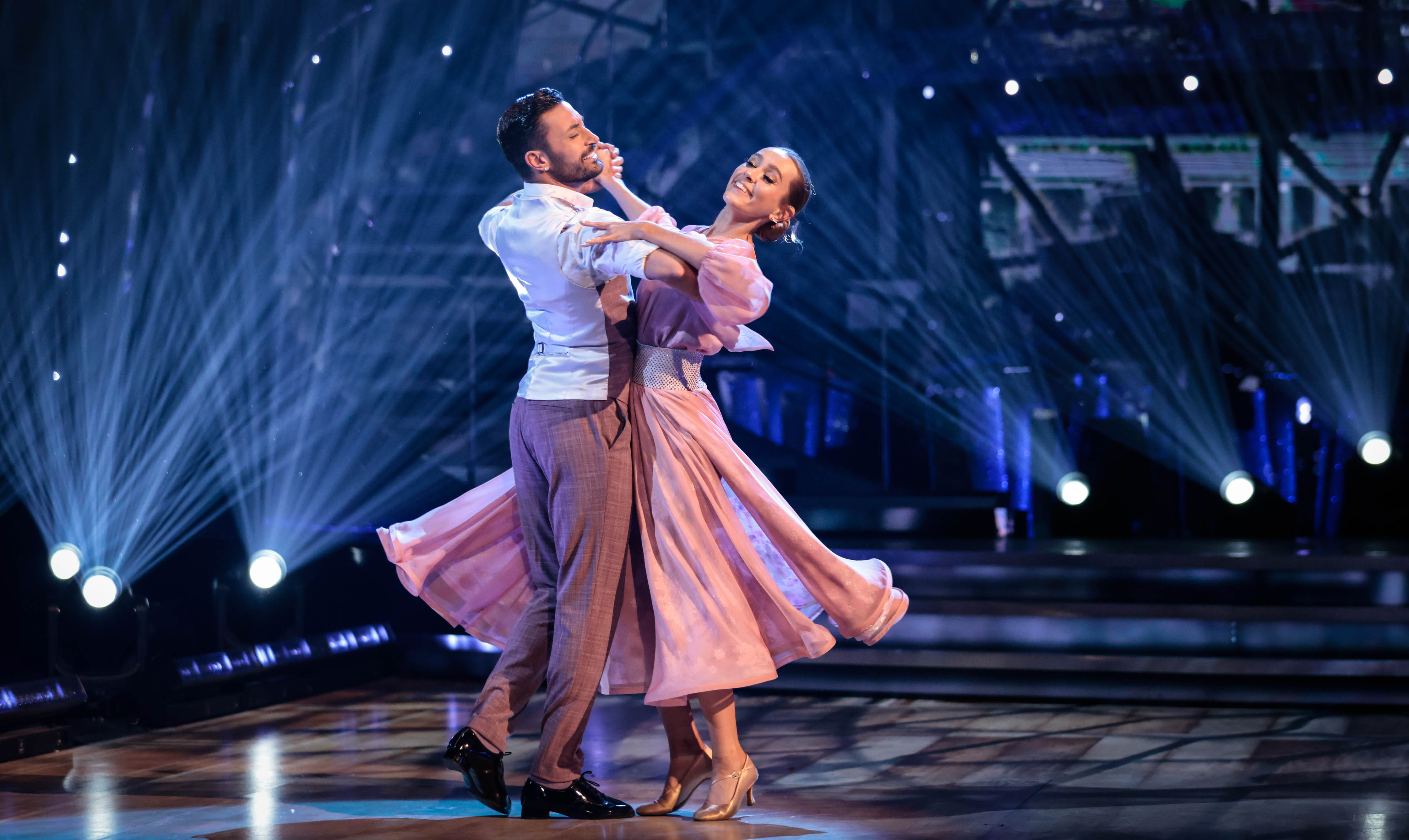- Home
- News and stories
- Why broadcasters must follow Strictly's lead and feature more disabled talent
Why broadcasters must follow Strictly's lead and feature more disabled talent
 23 November 2021
23 November 2021
Rose Ayling-Ellis's victory on Strictly Come Dancing has put the representation of disabled people on TV firmly in the spotlight.
For Rose to have starred week after week on Saturday night prime-time is a massive step forward.
However there are so many barriers to getting into the TV industry as disabled talent.
TV is currently a difficult place to work if you are a disabled creative. The industry is largely run on the graft of freelancers, and freelance life can be very difficult for disabled people.
Many disabled people often mention the look of surprise when they’ve said they would like reasonable adjustments. They talk of interviewers getting a little more upright and wriggling in their seats as they don’t quite know what to say.
In 2018 the Creative Diversity Network set a target of doubling disability representation in front and behind the camera by 2021. However, progress in improving disability representation has been so slow that the CDN say that, at the current rate of growth, it will take until 2041 for disability in off-screen roles to truly reflect the makeup of the UK.
The kinds of barriers disabled people face
A TV insider’s perspective on the treatment of disability and disabled people was centre stage at this year’s Edinburgh Television Festival. The keynote address, the MacTaggart lecture, was given by screenwriter Jack Thorne best known for His Dark Materials, This is England '88, and most recently, for acclaimed dramas The Virtues and Help.
In Jack’s searing speech he called his industry out for its poor representation and treatment of disabled people both in front of and behind the camera. He said, “TV has utterly failed disabled people” and that disability is “the forgotten diversity.”
“The TV world is stacked against the telling of disabled stories with disabled talent. And that has to change. Disabled stories need to be told, and when they are told, they need to be told by disabled people.”
Because jobs suddenly become available in TV and film, the length of time needed to apply for support like Access to Work often means that disabled freelancers can’t take on available roles. Many leave the industry because of issues like this.
“Most freelancers in our industry have contracts of 3-6 months," said Jack.
"Access to Work can take months to approve, by which time the production has already wrapped…and that individual has missed their opportunity for employment.”
The work itself can be inaccessible too. A day on set can last up to 12 hours, with filming on location being anywhere from a busy town centre to an empty field. Facilities like toilets and catering can be in trailers, meaning a crew member would need to find their own facilities off site or find a way to access the ones available.
Jack added: “Offices are on inaccessible floors and flooring is inappropriate for wheelchair users.”
He summarised his talk by saying: “There are very few disabled people in front of the camera, and even fewer behind it.”
But there are steps that we can take to change this.
The phrase that comes to mind is ‘if you can’t see it, you can’t be it’. Without authentic stories of disabled people being written/scripted and portrayed by disabled people in the mainstream media, disabled people’s horizons will continue to be limited.
The progress being made
We have started to see an increase in disabled talent on our screens. Not just confined to programmes focussed solely on disability issues but on prime-time shows, panel games, dramas, soaps and adverts. But this needs to go further.
Three of our Scope ambassadors have had great success on mainstream TV in recent years. Presenter Sophie Morgan has become a regular panellist on ITV’s Loose Women, one of the highest rating shows on day-time television. This December she also co-presented Channel 4’s Luxury Christmas for Less with Sabrina Grant.
Alex Brooker, presenter of long-running series The Last Leg, recently appeared in Channel 4’s crazy caper, One Night in Alton Towers with Comedians Josh Widdicombe and Roisin Conaty.
Lee Ridley, who made a cameo appearance in Tim Renkow’s BBC 3’s comedy series Jerk, is making disability history by hosting his own Christmas Special on ITV on Christmas Eve.
And more recently, Rose's Strictly triumph. Millions tuned in to see Rose lift the Glitterball trophy, after being the first deaf contestant on the show in its 17-year history.
Progress is being made. But there is still a very long way to go until disabled people are featured fairly on screen. There are 14.1 million disabled people in the UK and their lives and stories are not being told.
We want more broadcasters to step up and feature the talents of disabled people. Only then will we be able to see accurate representation in the media.
All images credited to BBC/Guy Levy
 23 November 2021
23 November 2021






